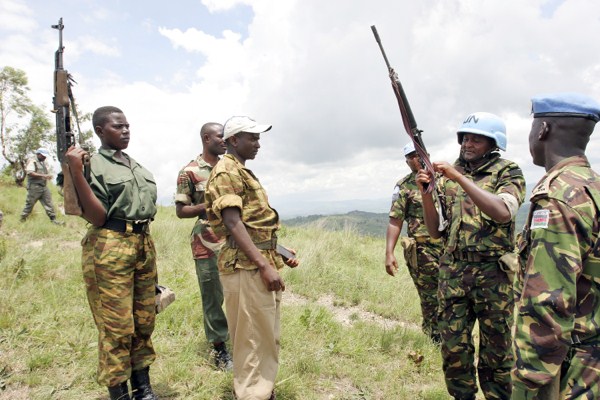Recent violence has touched all corners of the small Central African nation of Burundi. Earlier this month, attacks by an unnamed and as yet unclaimed rebel group, composed of both Hutus and Tutsis, left over 100 people dead in the western province of Cibitoke. They were followed by the killing of three members of the ruling party, the National Council for the Defense of Democracy-Forces for the Defense of Democracy (CNDD-FDD), in Ruyigi, near the border with Tanzania. The timing of the attacks is suspicious, with elections, the third since the ending of major hostilities of the civil war in 2005, set to begin in May.
Politically motivated violence has been a facet of Burundi’s modern history since its independence from Belgium in 1962. For 30 years after independence, governments headed by Tutsi military leadership repressed Hutus and squelched opposition to the then-dominant Union for National Progress (UPRONA) party. In 1972, then-President Michel Micombero’s government carried out a “selective genocide” against the majority Hutu population; many descendants of the victims now make up the CNDD-FDD’s support base and party leadership, including the father of Burundi’s current president, Pierre Nkurunziza.
But civil war did not break out until the assassination of Melchoir Ndadaye, the first democratically elected Hutu president, in October 1993. Rebel groups in waiting like the Party for the Liberation of the Hutu People—known by its French acronym Palipehutu and which later became the National Forces of Liberation (FNL)—and those soon to develop, like the CNDD-FDD, fought a bloody, multinational war that killed 300,000 and displaced millions in Burundi, as well as neighboring Tanzania and the Democratic Republic of Congo (DRC). Neither side could claim military victory, and the war ended with the Arusha Accords, negotiated in Tanzania and reinforced with additional talks in South Africa.

